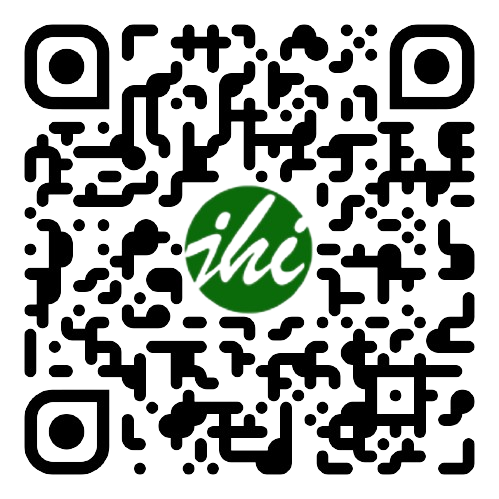Pengaruh Tirani Terhadap Pemikiran Islam (Studi Analisis Pemikiran Muhammad Syahrur)
DOI:
https://doi.org/10.28918/jhi.v17i1.1802Abstract
The term „tyranny‟ is considered still unfamiliar because of the lack of studies highlighting this issue. Although it has received a scant attention from scholars, the practice of tyranny has almost occured in every government. This reality triggers why a further investigation of tyranny practices needs to be conducted for contributing to Islamic political thoughts. It is expected to make the public aware of the existence of a massive form of tyranny and think critically of government policies. The current study aims to explore (1) Syahrur‟s thoughts on the concept of tyranny (al- istibdad) and its consistency in the application of Islamic law and (2) the form of theoretical contribution to the development of contemporary Islamic political discourse. Grounded in library research, this study employed a normative-historical approach. The findings demonstrate that Syahrur‟s thoughts on tyranny were extremely different from Muslim philosophers in general, and even tended to be controversial. It is worth mentioning that his thoughts on tyranny and its influence can be taken into account as a theoretical application of various philosophical and methodological assumptions. Syahrur‟s endeavor against tyranny denotes the importance of accepting democratic ideas and the enforcement of a civil state. Nevertheless, theoretically, Syahrur‟s foundation of thinking was deemed weak due to the lack of historicality studies between texts and contexts.
Downloads
Published
How to Cite
Issue
Section
License

This work is licensed under a Creative Commons Attribution-ShareAlike 4.0 International License.
Jurnal Hukum Islam use a variety of waivers and licenses that are specifically designed for and appropriate for the treatment of data:
- Open Data Commons Attribution License, http://www.opendatacommons.org/licenses/by/1.0/(default)
- Creative Commons CC-Zero Waiver, http://creativecommons.org/publicdomain/zero/1.0/
- Open Data Commons Public Domain Dedication and License, http://www.opendatacommons.org/licenses/pddl/1-0/
Other data publishing licenses may be allowed as exceptions (subject to approval by the editor on a case-by-case basis) and should be justified with a written statement from the author, which will be published with the article.













.png)














